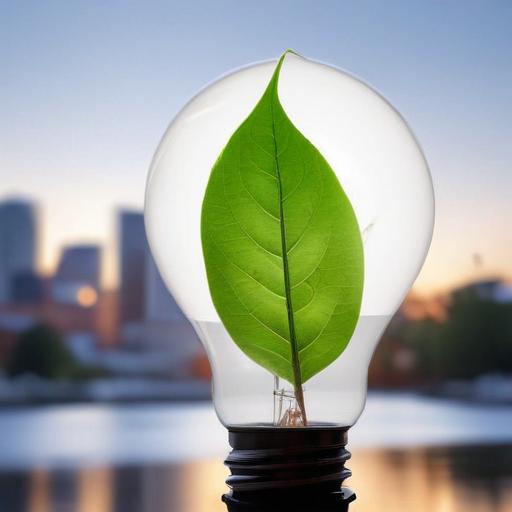As Virginia approaches the November elections, energy policy is poised to remain a pivotal topic for candidates and voters alike. The state currently finds itself in a challenging position as a net energy importer, grappling with the rapid approval of electricity-intensive data centers without sufficient infrastructure development to support them. The situation is exacerbated by state regulations that favor the construction of solar farms—often facing reliability issues—while limiting more stable hydrocarbon generation.
Dominion Energy Virginia is advocating for new natural gas-fired generation in light of these challenges, as part of its 15-year integrated resource plan (IRP) under review by the State Corporation Commission (SCC). However, the utility has encountered significant pushback, with many critics arguing it has failed to justify gas as the most viable solution. The response from Republican Attorney General Jason Miyares, who stated his office had “no objection” to the IRP, indicates a lack of strong bipartisan support for the utility’s proposals.
In this electoral cycle, Republican candidate Winsome Earle-Sears has voiced her support for hydrocarbon fuels, contrasting with Democratic candidate Abigail Spanberger, who has focused primarily on expanding solar energy options without directly addressing hydrocarbon use. The next governor will also have to navigate the implications of Virginia’s participation in the Regional Greenhouse Gas Initiative (RGGI), which has historically extracted significant revenue from utilities, imposing a carbon tax that impacts consumers.
Additionally, potential federal legislation under President Trump may significantly alter the landscape for wind and solar projects in the state, posing further uncertainties for Dominion’s planned renewable energy initiatives. Despite these challenges, some hope remains with ongoing discussions about energy diversity, including potential shifts in natural gas policies.
Amidst these complexities, candidates have an opportunity to clarify their energy strategies and address looming questions about the state’s energy future, including the possibility of modifying or repealing the Virginia Clean Economy Act. As voters prepare to head to the polls, the emphasis on clear and actionable energy policies could play a crucial role in shaping the state’s energy landscape moving forward.
